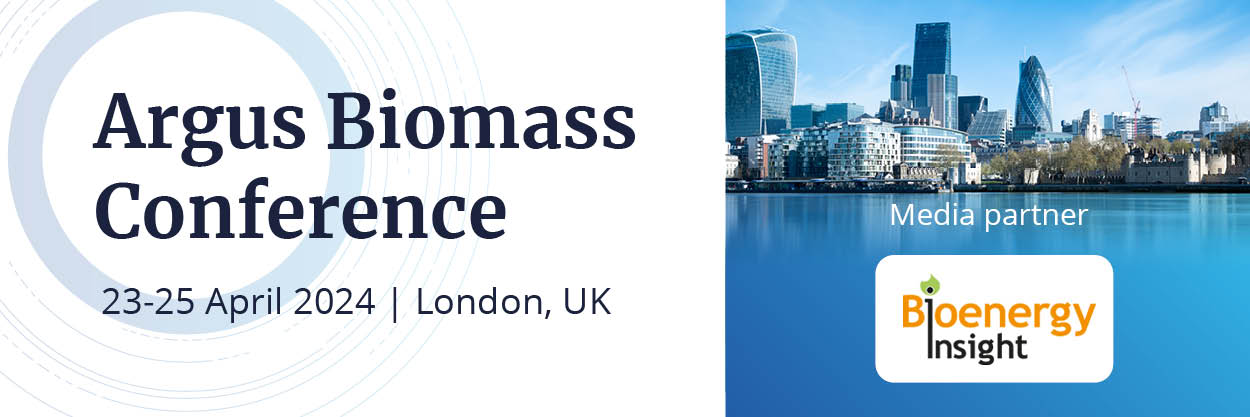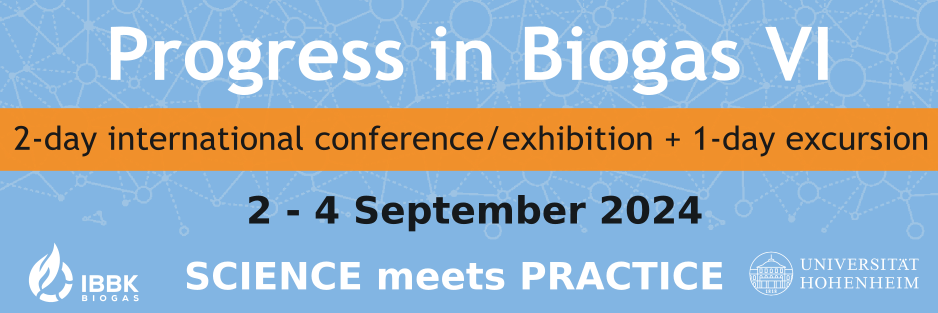WBA calls on COP22 delegates to push for carbon tax to aid Paris Climate Agreement
The World Bioenergy Association (WBA) has called on the delegates attending the 22nd Conference of Parties (COP22) at Marrakech, Morocco to push for a carbon tax to help countries achieve the targets set out in the Paris Climate Agreement.
The WBA has urged world leaders to “act now” to phase out fossil fuel use on a yearly basis.
In such a scenario, bioenergy in combination with other renewables should play a crucial role, the organisation said.
The Moroccan city of Marrakesh that is hosting the first major UN talks on global warming since last year’s landmark Paris climate deal was struck.
The Paris Agreement, so-named after the French capital where it was approved in December 2015 at the previous Conference of Parties to the UN Framework Convention on Climate Change (UNFCCC), known by the shorthand COP 21, aims to strengthen the global response to the threat of climate change by keeping the global temperature rise this century well below 2 degrees Celsius above pre-industrial levels and to pursue efforts to limit it to 1.5 degrees Celsius. The UN is
COP22 at Marrakech is promoted as time for action. However, the progress is very slow, the WBA said in a statement.
With the current rate of emissions, the world will use up its carbon budget in the next 20 years. Some countries are still investing in new fossil fuel infrastructure which will create lock-in effects for many years. Fossil fuel subsidies still exist and policy incentives for renewables are not being promoted at the required pace. The Intended Nationally Determined Contributions (INDC’s) are insufficient to achieve the targets of the Paris Agreement.
However, there is also a lot of positive news. The cost of renewables is falling rapidly and in some countries, they are cheaper than fossil fuels. There are many success stories from countries, provinces, cities, villages etc. where renewables working together are demonstrating a low carbon energy society which is environmentally friendly, economically viable and socially acceptable. There are certain key areas to consider for the delegates to ensure a more rapid transition:
- Carbon tax is key instrument: Creating a carbon tax in each country is the most efficient way to apply polluters pay principle to the climate issue. It is the simplest way to reduce fossil fuels, improve energy efficiency and make renewables more competitive.
- Change perception from greening fossils to removing fossil fuels: A fossil exit strategy for all countries with a managed reduction of fossil fuels is absolutely critical.
- Stop relying on unproven technologies: Technologies like clean coal and carbon capture etc. will only increase fossil fuels use and will not assist in climate issue. These fossil technologies are expensive, only exist in pilot plant level, not commercially viable and it is dangerous to depend on such unproven technologies.
- No new investment in fossil fuel infrastructure: Investing in new fossil fuel infrastructure, for e.g. natural gas pipelines will create lock in effects and stranded assets. They should be avoided.
- Stop fossil fuel subsidies: Fossil fuel subsidies have to be phased out gradually.
- Promote all renewable energy technologies: All renewable energy technologies including solar, geothermal, hydro, bioenergy and wind in all regions and countries should be developed rapidly according to their specific regional potentials.
























